Guinea
The trial of former Guinean dictator Moussa Dadis Camara and other former officials over the September 28, 2009 stadium massacre opened on Wednesday in the capital Conakry, an AFP correspondent reported.
Dozens of victims who had waited 13 years for the proceedings packed the upper galleries of the purpose-built courtroom.
With crowds of journalists and officials below, they watched as Camara and 10 other former military and government officials standing trial entered the courtroom.
The proceedings were broadcast live on national television.
"It's like a dream, even if we've always believed it would happen," Asmaou Diallo, the head of a victims' association, told AFP.
Camara, 58, and the other defendants face a litany of accusations from murder to sexual violence, kidnappings, arson, and looting, and Camara himself is charged with "personal criminal responsibility and command responsibility" over the crimes.
On September 28, 2009, and in the days that followed, security forces loyal to the then-junta leader slaughtered 156 people and raped at least 109 women who had gathered for a political rally in a Conakry stadium, according to an UN-mandated report.
The real figures are likely higher.
Tens of thousands of opposition supporters had been peacefully demonstrating against a possible election bid by Camara, who had come to power in a December 2008 coup before being sworn in as president.
Numerous testimonies report how security forces entered the stadium, cordoned off the exits, and opened fire indiscriminately on a crowd that had previously been festive.
The killers attacked unarmed civilians with knives, machetes, and bayonets, leaving the stands, corridors and grass strewn with the dead and dying.
They sexually assaulted and then killed many women. Others were trampled to death in the panic.
International investigators found the abuses could qualify as crimes against humanity, noting the brutality went on for several days against sequestered women and male detainees who were tortured.
The chief prosecutor of the International Criminal Court (ICC), Karim Khan, on Wednesday called on Guinean authorities to respect international law, namely witness protection and the presumption of innocence.
"Justice... is not a cosmetic exercise", he said in Conakry. "I will be watching this trial very closely."
'Political will'
Pramila Patten, a UN special representative, congratulated the ruling junta for its "display of political will" for moving ahead with the trial.
Despite recurring commitments under former president Alpha Conde's regime, victims and relatives have been waiting more than a decade for the trial.
Delays by those in power and the impunity for security forces that had become an "institution", according to the commission, long cast doubt on the chances of a trial.
Then the head of the current military junta, Colonel Mamady Doumbouya, who came to power in a putsch in 2021 after 11 years of civilian rule, in July demanded the trial be held before the next anniversary date.
Camara had been living in exile in Burkina Faso but returned to Conakry on Saturday to stand trial. Relatives say he intends to "clear his name".
The defendants were jailed on Tuesday and told they would be detained for the duration of the trial.
"I don't even dare believe that my rapists are still alive," one survivor, who asked to remain anonymous, told AFP.
"But the fact that this trial is taking place is a relief."




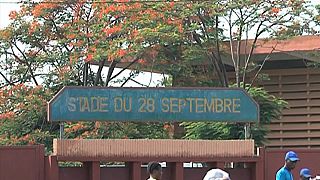
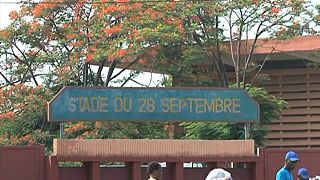
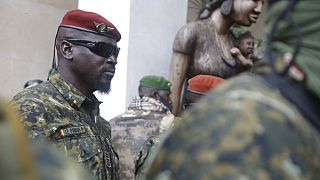
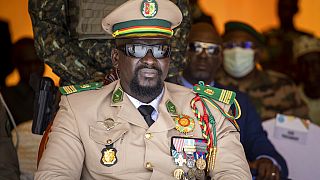
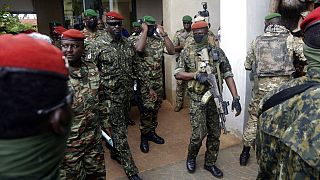

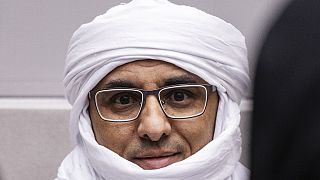
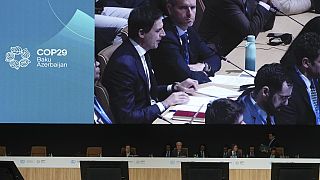
Go to video
Archbishop of Canterbury will end official duties in early January amid sex abuse scandal
Go to video
Congo opposition leaders call for protests against president's plan to change constitution
Go to video
At least 7 members of Nigerian security force missing after insurgents ambush convoy
01:30
Mali: Former al-Qaida-linked police chief sentenced to 10 years for war crimes
Go to video
South Africa plans rescue for illegal miners amid Standoff
Go to video
Nairobi Archdiocese declines President Ruto's cash donation